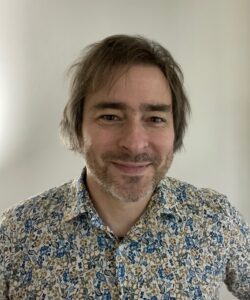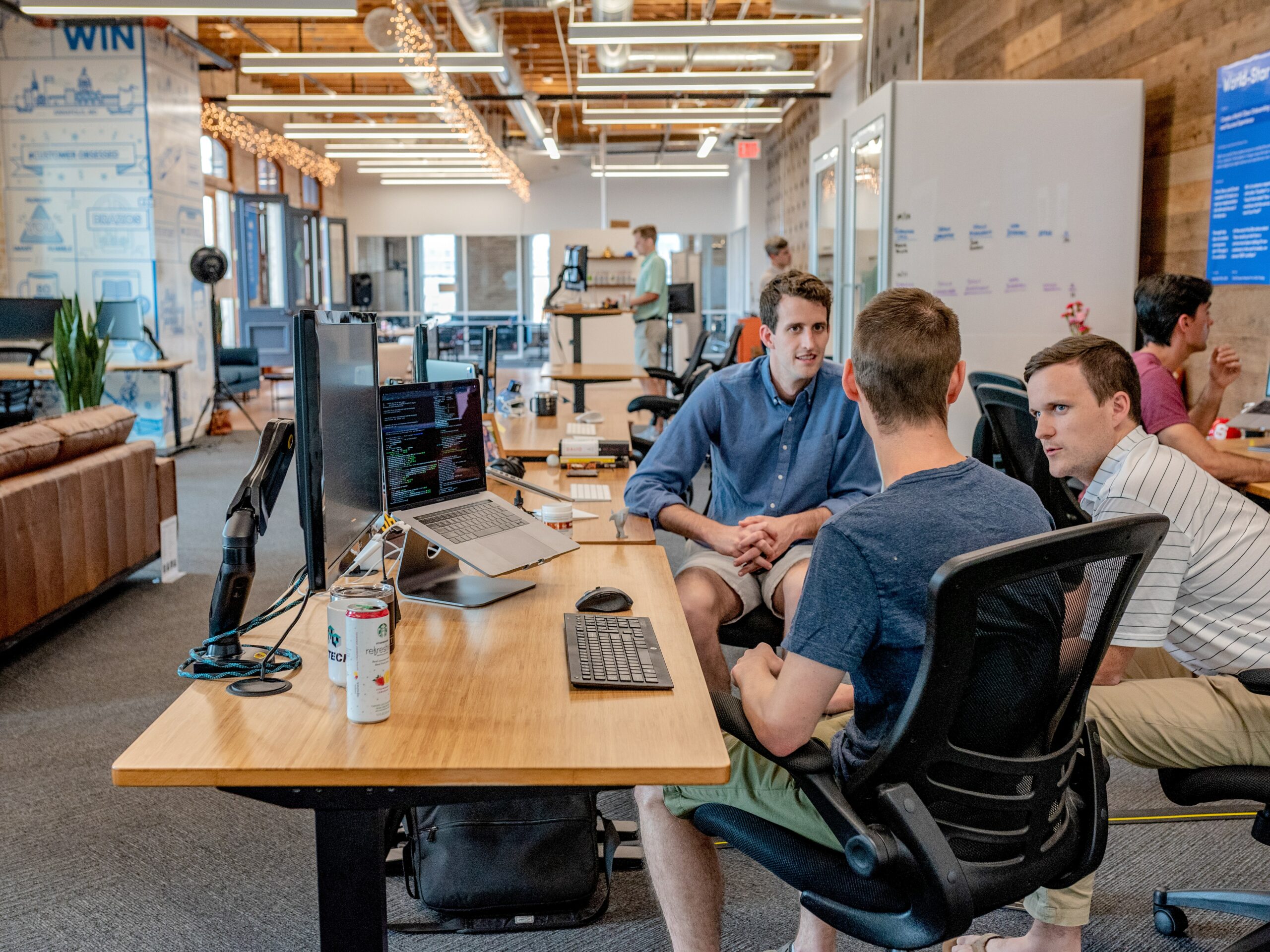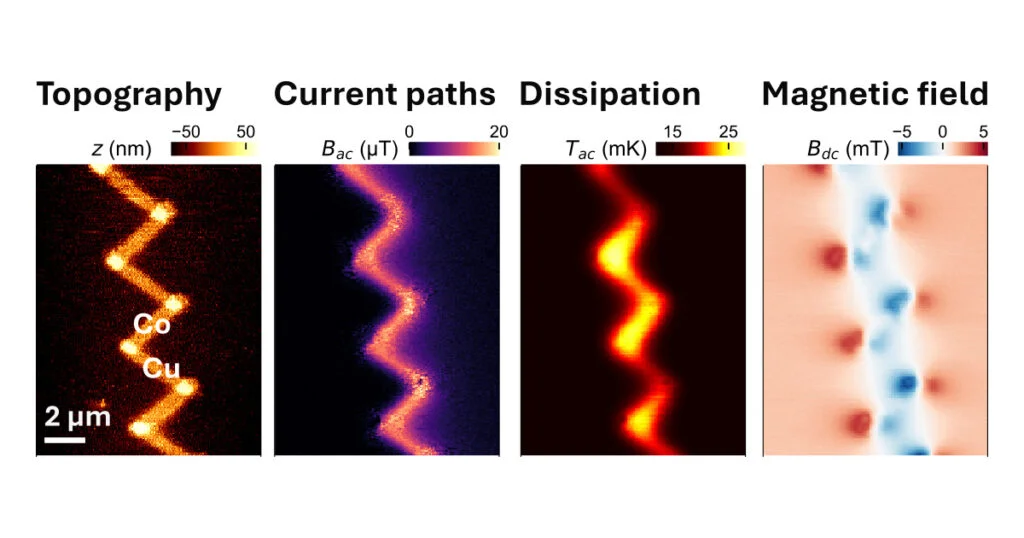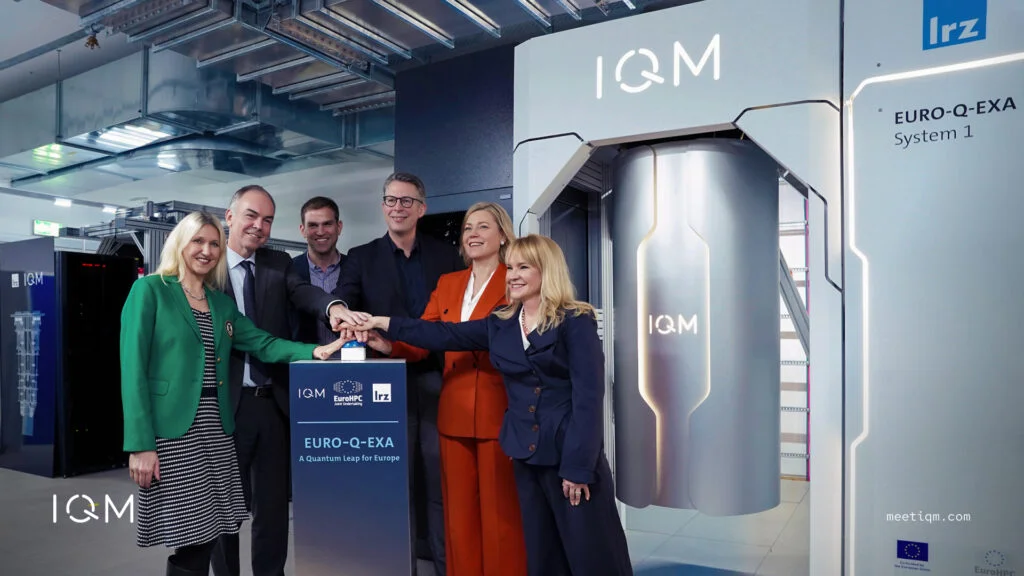Amazon Web Services (AWS) is invested in the long-term future of quantum computing. They are doing this by using a three-pronged approach. The first is the Amazon Quantum Solutions Lab, an organization that helps customers build internal expertise and strategies required to prepare them for the future of quantum hardware. The second is the AWS Center for Quantum Computing, located on the campus of Caltech, which focuses on building the qubits of tomorrow. The third and final tactic of the AWS approach is their Amazon Braket service, which allows anyone anywhere to use quantum computers built today and the tools to program them.

“Amazon Braket is a service that provides access to different types of quantum computers to customers,” explained AWS Director of Quantum Computing, Simone Severini. “Braket has been generally available since 2020. Generally available means anyone can log in and pay as you go or apply for research credits.” The pay-as-you-go method allows customers more flexibility with Braket, as they don’t need to offer a financial investment in order to use the advanced technology. Braket offers different types of quantum computers, from superconducting to ion-traps, and is in the process of adding other hardware, including neutral atoms. The service also has quantum simulators for individuals to try out. According to Severini, the importance of offering all these tools is to help push forward the state-of-the-art. “The role of Braket is to offer a window over the technology so that the customer can see where the quantum computing is and can test it themselves,” he added.
For Severini and AWS, this transparency is necessary for the success of the industry. “This is important because the technology is still evolving and the industry is still quite young,” Severini said. But this transparency can also help to propel the quantum industry forward. “Amazon Braket, by giving broad access to technology and lifting the constrain of complex building infrastructure for quantum hardware builders, can have a role in really accelerating the innovation and discovery on a global scale,” he stated. The Braket team works in tandem with the two other AWS initiatives, allowing for increased collaboration. These conversations and interdisciplinarity, as Severini explained, are helpful in advancing the technology. “We have a very diverse team, with hardware engineers, quantum theorists, and software developers all working side-by-side,” Severini said. “This is important to tackle today’s challenges to build better quantum computers and push the boundaries in quantum research and development.”
Severini is intrigued by both quantum computing and quantum mechanics as a whole. He not only is the Director of Quantum Computing for AWS but also a Professor of Physics of Information at University College London. Because of his background, he holds a unique perspective on the power of quantum computing. “The very first application of quantum computers should be a deeper understanding of physical reality,” Severini explained. “First of all, quantum computers should be interpreted like research instruments, such as telescopes or microscopes, that allow us to study reality in a deeper way. I personally find the whole field of quantum mechanics, including quantum computing, very fascinating and very beautiful.”

According to Severini, even at this early stage, it’s important to integrate quantum hardware with classical computational resources. Many startups combine Amazon Braket with other AWS services to build solutions, and it’s no surprise to see companies like Classiq and Pasqal harness Braket’s technology. “Amazon Braket enables us to build robust and scalable hybrid quantum-classical solutions in a short amount of time, and allows our customers to securely execute large-scale simulations,” says Benno Broer, the Chief Commercial Officer of PASQAL. With quantum computers and simulators, AWS is helping to accelerate the field. As Severini said: “The ultimate form of innovation is generated by a deeper understanding of reality.”
If you found this article to be informative, you can explore more current quantum news here, exclusives, interviews, and podcasts.
















